Giro d'Italia: Chris Froome expects a full-blown battle on the slopes of Mount Etna
Team Sky leader aims to pull back time in the overall classification
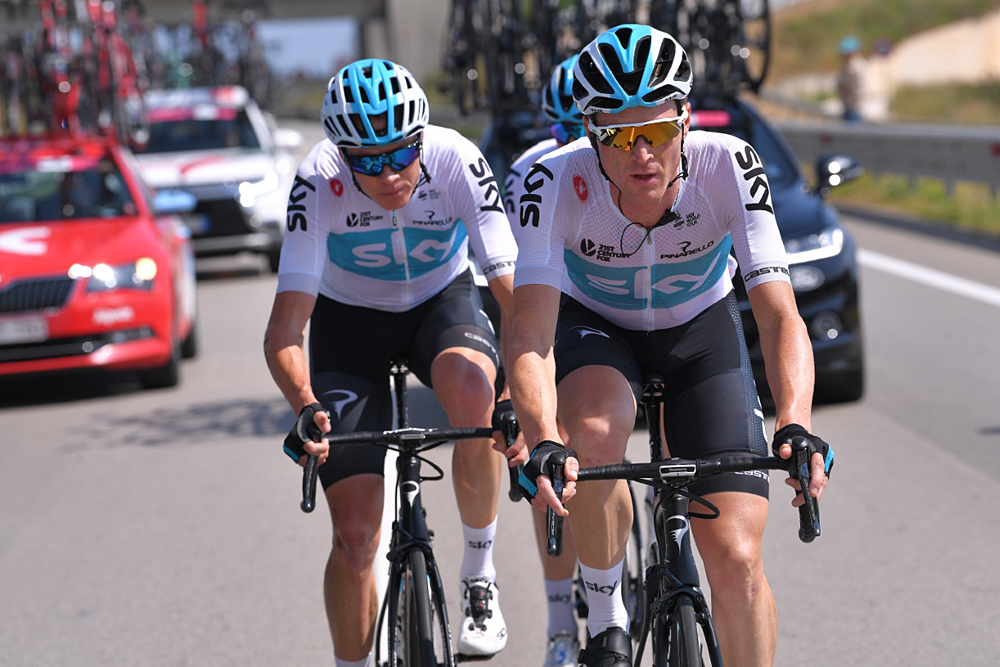
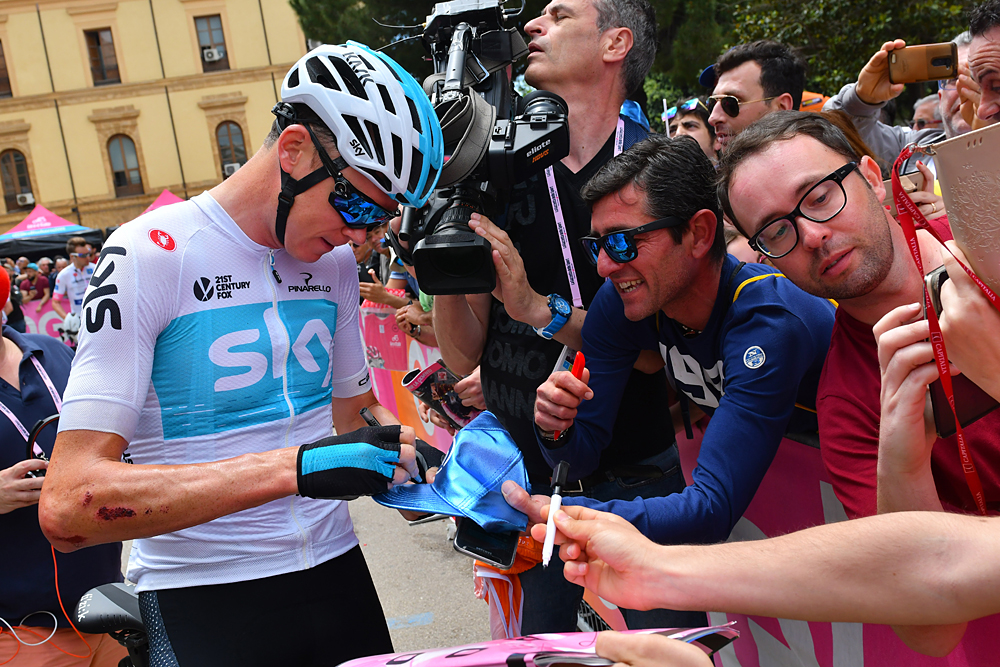
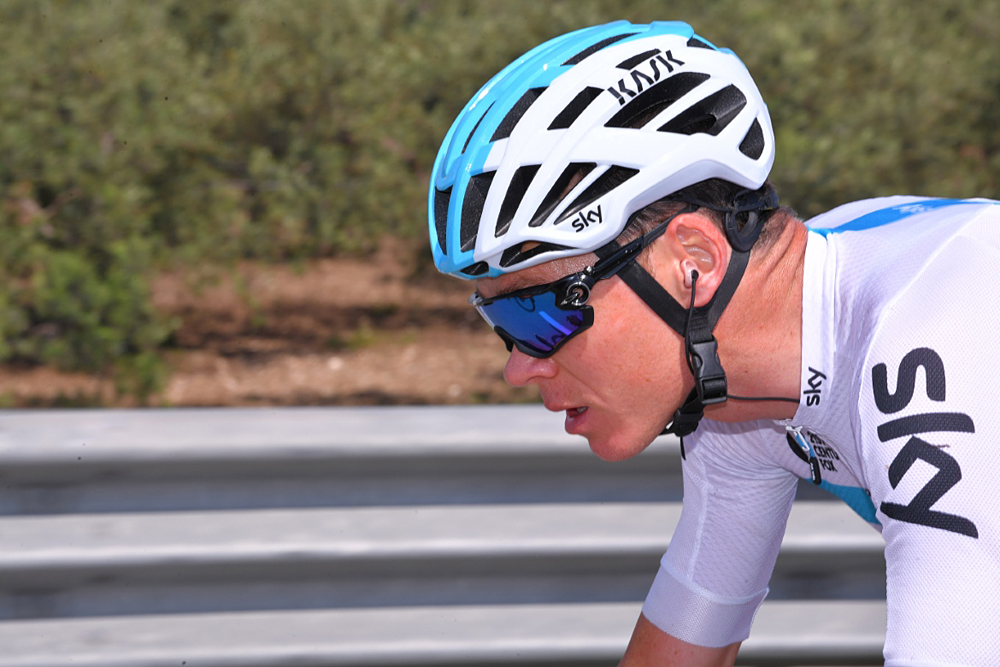
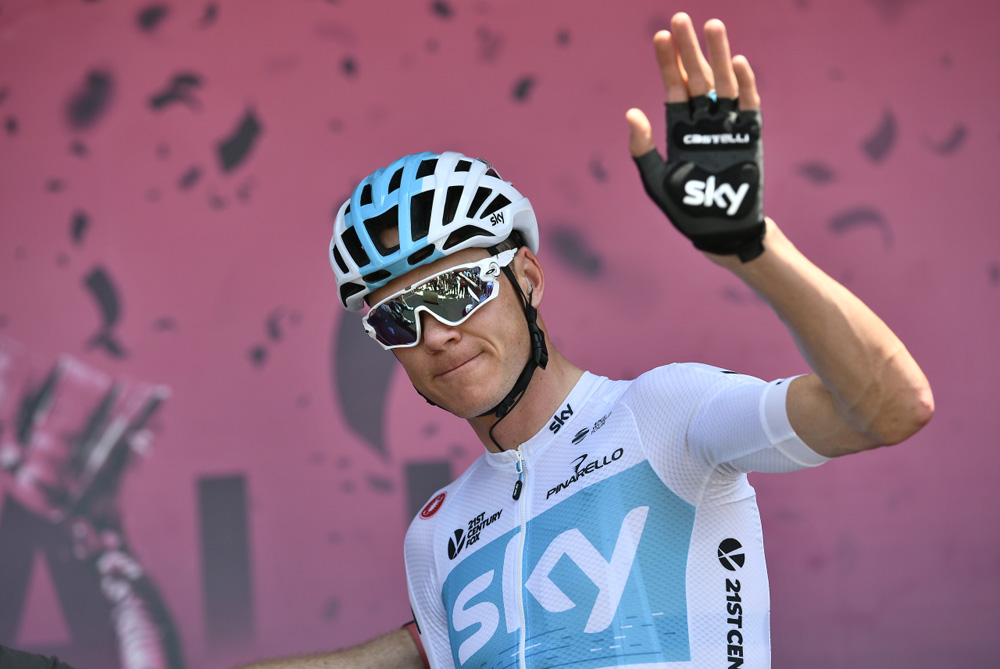
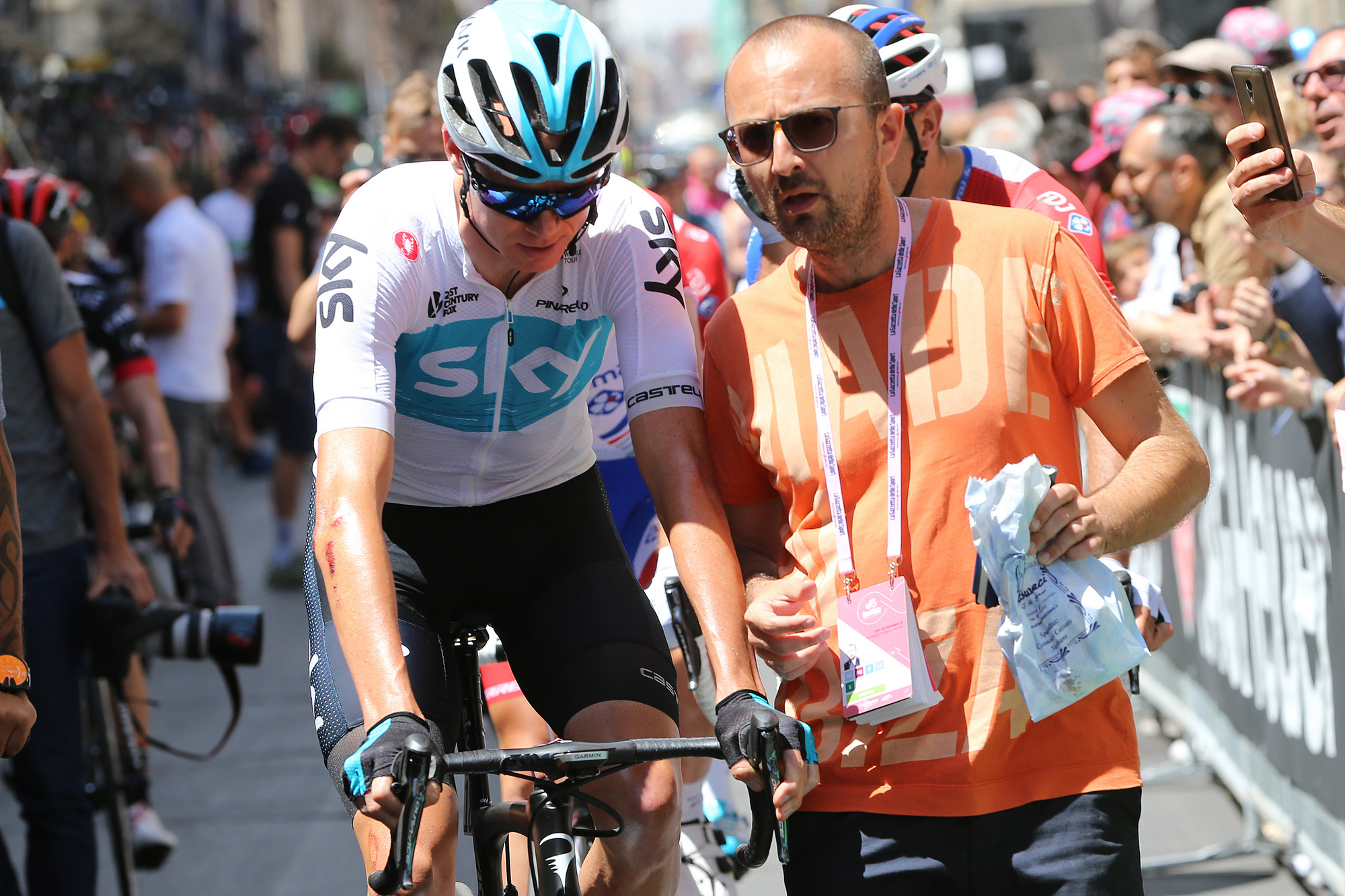
After losing time twice so far in the opening week of the Giro d'Italia, Chris Froome (Team Sky) aims to start to reverse the process on Mount Etna during stage 6 on Thursday.
Chris Froome: The Giro d'Italia isn't won in the prologue
Giro d'Italia: Dumoulin and Froome endure stressful Eilat run-in
Chris Froome's salbutamol defence boosted by scientific study
Chris Froome loses more time in Giro d'Italia
Giro d'Italia: Battaglin wins stage 5 in Santa Ninfa
Giro d'Italia stage 5 start delayed by serious road incident
Dennis: Etna is a big test of my preparation
Lopez suffers second Giro d'Italia setback after late crash
Giro d'Italia: Battaglin revives a dying Italian art at Santa Ninfa
Tuft confirms 2018 Giro d'Italia will 'more than likely' be his last
Following an incident-free stage 5 for the Briton, Froome completed the hilly run through western Sicily in the main group in 33rd place in the same time as the winner and lies in 19th place overall.
But with Thursday's ascent of Mount Etna looming on the horizon, Froome said he expects a full-blown battle on the slopes of the still active volcano. Whilst not sounding overly gung-ho when talking about how he will tackle the first major ascent of the Giro d'Italia, it's clear he hopes to leave Sicily in a much better place than when he arrived on Monday from Israel.
"There's a lot of different dynamics going on in the race at the moment," Froome told a small group of reporters after warming down outside the Team Sky bus, parked - along with all the other team buses - in a grim-looking industrial estate on the outskirts of the finish town of Santa Ninfa.
"Obviously a lot of pure climbers who don't fancy their chances in the time trial against Dumoulin who will be wanting to take time on him, and it's the first big mountain stage of the Giro d'Italia.
"It could be very explosive and very active towards the final. Let's see how it goes. For me, I'm just hoping to get through the stage as best I can. Obviously, I've lost a bit of time already, but I'd like to start improving on that."
When asked on Tuesday evening by La Gazzetta dello Sport what he knew about Mount Etna, Froome said his knowledge of the climb was very limited. But he expanded a little further on that after stage 5, saying, "It definitely goes up in ramps. It's not the hardest summit finish we're going to have in this year's Giro, but it will definitely sort the race out.
Get The Leadout Newsletter
The latest race content, interviews, features, reviews and expert buying guides, direct to your inbox!
"It all depends on who will decide to do what. We should see more attacks. Last year was a pure block headwind so it wasn't so active, but I think this year will be quite different."
Froome had been spotted by race media as they left the stage 5 start in Agrigento doing a lengthy warm-up on the first part of the course. He explained that on such a short, punchy stage, he wanted to be sure his legs were warmed up and ready to go from the moment the day began.
"The neutralised [section] was all downhill, so it was good to turn the legs and get them started," he recognised, "given how the stage went yesterday [Tuesday], just in case it was a really tough start again."
Overall, he said, "it seemed to be a lot more straightforward than yesterday's stage, but it was still quite tricky. It sounded like there were quite a few crashes in the last 20-30 kilometres which shook things up in the bunch but the team did a great job keeping me right up front and not doing too much work themselves. So hopefully they've still got something left for tomorrow [Thursday]."
Quite apart from how Sky performs collectively, Froome was always going to be the centre of media attention on the Mount Etna stage, given it represents his first opportunity to show his climbing prowess. But after his setbacks earlier on in this Giro d'Italia, the first major ascent of the race is now an even more crucial test for the Briton.
Alasdair Fotheringham has been reporting on cycling since 1991. He has covered every Tour de France since 1992 bar one, as well as numerous other bike races of all shapes and sizes, ranging from the Olympic Games in 2008 to the now sadly defunct Subida a Urkiola hill climb in Spain. As well as working for Cyclingnews, he has also written for The Independent, The Guardian, ProCycling, The Express and Reuters.
